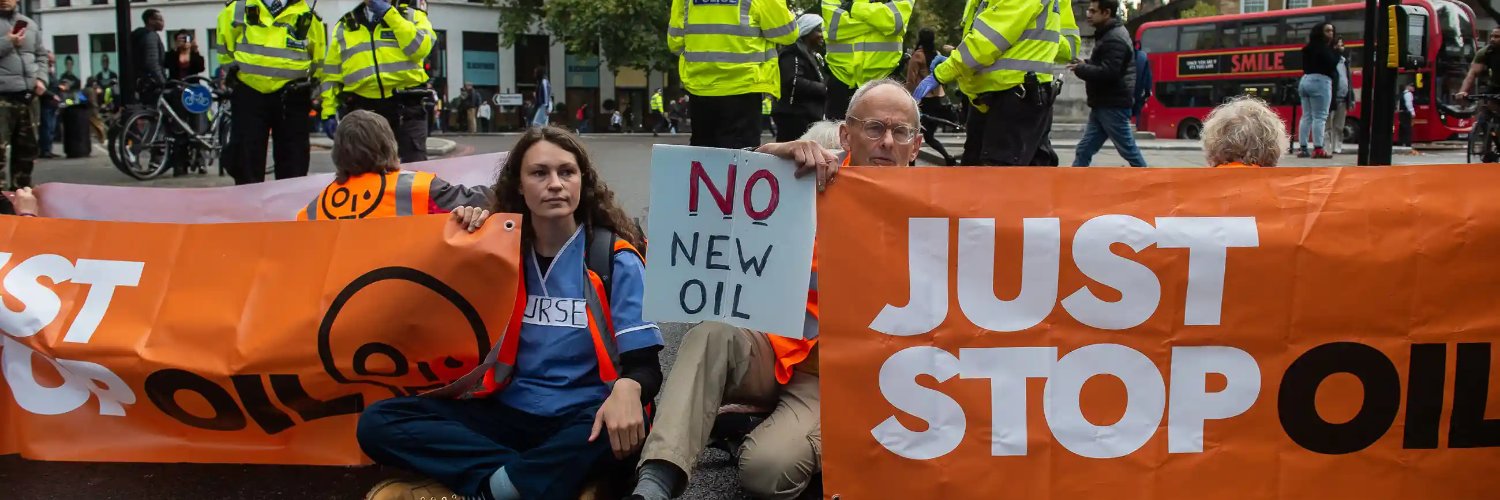Labout has announced it will stop issuing any new oil and gas drilling licences if it wins the next general election.
Sir Keir Starmer’s government would instead invest heavily in renewable sources – wind, solar hydro – and nuclear power “to invest in the green jobs of the future ”, reduce bills and “create a more sustainable energy supply,” said Jonathan Ashworth, the shadow work and pensions secretary.
“We’ll be outlining that in a significant mission in the coming weeks, and we’ll be announcing more details then,” Ashworth told Sky News’ Sophy Ridge on Sunday.
“We know we’ve got to move to more renewable sources of energy. It’s important for our climate change commitments, but it’s also the way in which we can bring energy bills down for consumers. This isn’t about shutting down what’s going on now. We will manage those sustainably.”
Labour will not halt drilling projects that have already been approved. Energy security and net zero secretary Grant Shapps is expected to decide on whether drilling at the controversial Rosebank oilfield which is 130 kilometres off the coast of the Shetland Islands and expected to yield 300 million barrels of oil.
Starmer is expected to formally set out Labour’s energy plan – which will ban new North Sea oil and gas licences as well as pledging any borrowing for energy investment will be limited to green projects – when he visits Scotland next month.
Shapps criticised Labour’s plan, saying: “In the midst of high energy prices for families, Labour’s ideological vendetta against British energy independence not only risks hundreds of thousands of jobs but strengthens Putin’s campaign to use energy as a weapon against the West,”
One of the Labour party’s biggest donors, the GMB union has also criticised Labour’s ban on new oil and gas licences. GMB’s general secretary Gary Smith said it is a “national security imperative” to keep Britain’s North Sea energy industry.
“It would be self-defeating not to maximise extraction from our own oil and gas, and that’s going to be a difficult debate but it’s one we’ll have to face down,” Smith told the Financial Times.
He said “strangling” the UK’s oil and gas sector would be “bad for jobs” and “bad for the environment” because Britain will still need to import fossil fuels with a higher carbon footprint.
“There’s ethics involved; are we going to keep funding these regimes in the Middle East and the likes of Russia, or do we take responsibility for our own carbon and create jobs and investment here?” Smith added.
Meanwhile, Just Stop Oil activists continued their series of protests targeting high profile events by throwing orange powder – a tactic to raise awareness of their campaign being used by members across Europe.
Members of the group disrupted Saturday’s showpiece rugby final at Twickenham only days after fellow members performed a stunt at the Chelsea Flower Show. Last month, activists stopped play at the World Snooker Championships by mounting a table and throwing orange powder.
Responding to the disruption of the rugby final, energy secretary Grant Shapps tweeted: “As the person you are literally trying to convince of your goal, let me put something on the record for you #JustStopOil Your stunts are pointless. Your anarchist tactics are embarrassing. And your attempts to disrupt British life are backfiring[.] Just Stop.”
Replying to Shapps, Just Stop Oil tweeted: “As the people you are literally elected to represent, let us put something on the record for you. Your climate department is pointless. Your anti-protest legislation is embarrassing. And your attempt to license new oil and gas for oil companies is backfiring. Just Stop Oil.”
UN Secretary-General António Guterres last year commented: “Climate activists are sometimes depicted as dangerous radicals. But, the truly dangerous radicals are the countries that are increasing the production of fossil fuels.”




